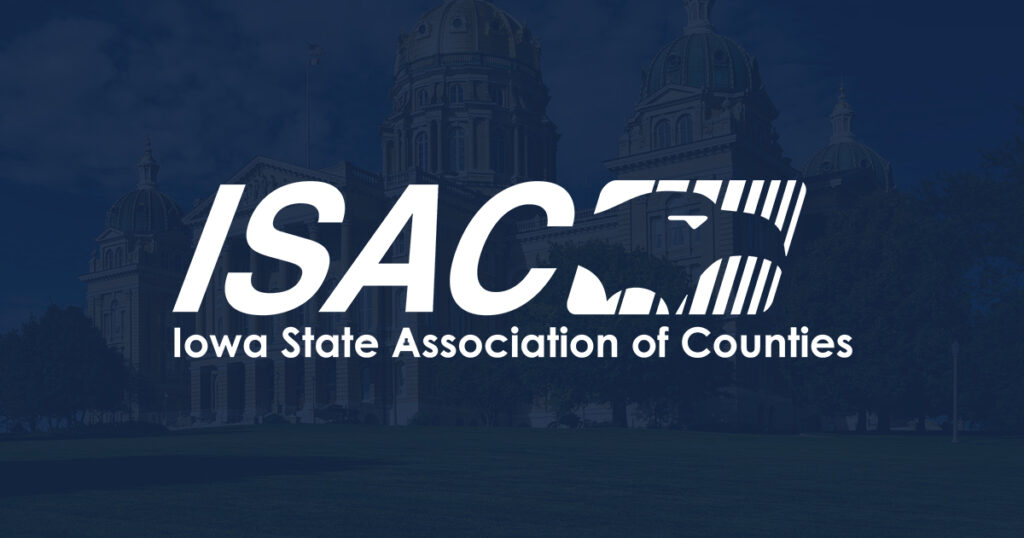Pfizer, Wyeth to pay $45 million in settlement

The Securities and Exchange Commission (SEC) today charged Pfizer Inc. with violating the Foreign Corrupt Practices Act (FCPA) when its subsidiaries bribed doctors and other health-care professionals employed by foreign governments in order to win business.
The SEC alleges that employees and agents of Pfizer’s subsidiaries in Bulgaria, China, Croatia, the Czech Republic, Italy, Kazakhstan, Russia, and Serbia made improper payments to foreign officials to obtain regulatory and formulary approvals, sales, and increased prescriptions for the company’s pharmaceutical products.
They allegedly tried to conceal the bribery by improperly recording the transactions in accounting records as legitimate expenses for promotional activities, marketing, training, travel and entertainment, clinical trials, freight, conferences and advertising.
The SEC separately charged another pharmaceutical company that Pfizer acquired a few years ago – Wyeth LLC – with its own FCPA violations. Pfizer and Wyeth agreed to separate settlements in which they will pay more than $45 million combined to settle their respective charges. In a parallel action, the Department of Justice announced that Pfizer H.C.P. Corp. agreed to pay a $15 million penalty to resolve its investigation of FCPA violations.
“Pfizer subsidiaries in several countries had bribery so entwined in their sales culture that they offered points and bonus programs to improperly reward foreign officials who proved to be their best customers,” said Kara Brockmeyer, chief of the SEC Enforcement Division’s Foreign Corrupt Practices Act Unit. “These charges illustrate the pitfalls that exist for companies that fail to appropriately monitor potential risks in their global operations.”
According to the SEC’s complaint against Pfizer filed in the U.S. District Court for the District of Columbia, the misconduct dates back as far as 2001. Employees of Pfizer’s subsidiaries authorized and made cash payments and provided other incentives to bribe government doctors to utilize Pfizer products, the complaint said.










